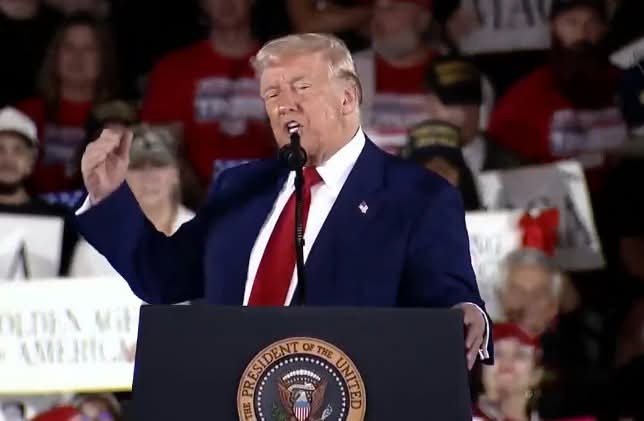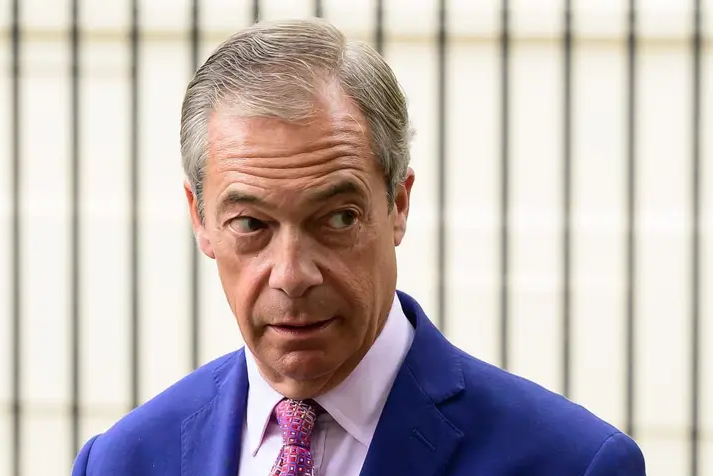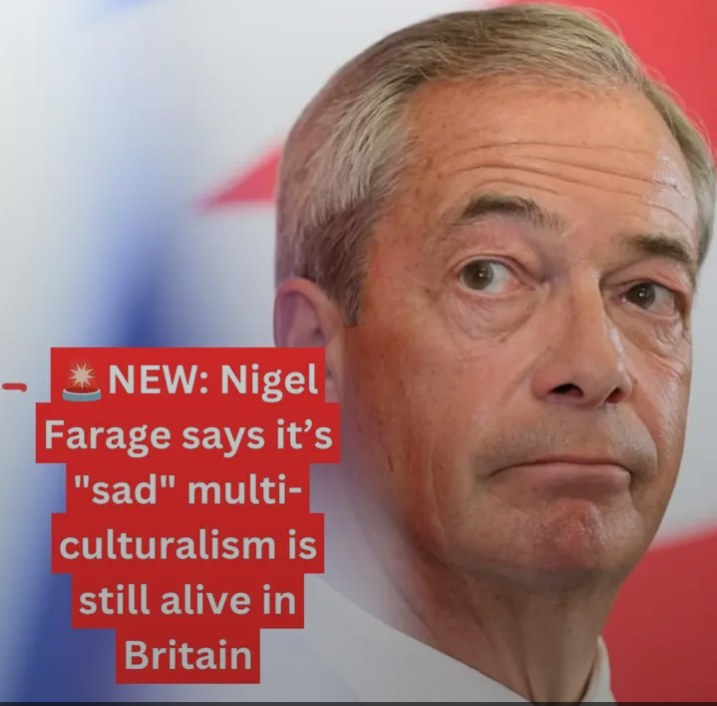Senate Minority Leader Chuck Schumer has firmly rejected demands from within his party to resign as Democratic leader following his controversial vote to support a Republican-led resolution preventing a government shutdown. During a Sunday appearance on Meet the Press, Schumer dismissed calls for his departure, doubling down on his decision as a pragmatic move to protect federal operations. “I’m not stepping down,” he declared, addressing mounting criticism from fellow Democrats who argue his alignment with Republicans undermines party solidarity. Schumer acknowledged the backlash but framed his choice as a necessary compromise to avoid granting unchecked authority to the executive branch during a shutdown—a scenario he warned could empower figures like Donald Trump, Elon Musk, and former Office of Management and Budget Director Russell Vought to dismantle federal programs without oversight.
The New York Democrat defended his vote as rooted in principle, emphasizing the risks of allowing Trump-aligned officials to unilaterally define “essential” government functions. “A shutdown would hand the executive branch absolute power to gut agencies, defund services, and sideline judicial checks,” Schumer explained. He pointed to Trump’s ties to corporate elites and far-right policymakers as evidence of a broader threat to democratic institutions. Despite internal fractures, Schumer insisted the party remains unified in its mission to counter Trump’s agenda, declaring, “Our focus is exposing how Trump’s policies harm everyday Americans while serving oligarchs. We intend to make him a lame duck faster than any modern president.”
Schumer’s remarks followed sharp criticism from former House Speaker Nancy Pelosi, who argued Democrats missed an opportunity to pressure Republicans during budget negotiations. Dismissing her critique, Schumer claimed leverage was nonexistent. “Demanding concessions would’ve been futile,” he told moderator Kristen Welker. “Republicans held all the cards. Avoiding a shutdown was the only viable win.” This stance has fueled dissent among progressive lawmakers, who view Schumer’s pragmatism as capitulation. Illinois Representative Delia Ramirez and Maryland’s Glenn Ivey have publicly urged him to resign, calling for leadership that aligns more closely with grassroots priorities.
The intra-party clash mirrors broader debates over Democratic strategy ahead of the 2026 midterms. Colorado Senator Michael Bennet echoed concerns about aging leadership during a recent town hall, suggesting the party must reassess its direction. “Leaders must recognize when their moment has passed,” Bennet stated, indirectly referencing Schumer and President Joe Biden. While Bennet stopped short of explicitly demanding resignations, his comments underscored growing unease about whether established figures can galvanize a base increasingly focused on progressive reforms.
As tensions simmer, Schumer’s allies argue his experience remains critical in navigating a divided Congress. Yet the dissent highlights a generational and ideological rift: younger progressives demand bold opposition to Trumpism, while veterans like Schumer prioritize institutional stability. Whether this divide weakens Democratic cohesion or sparks a renewed sense of purpose may hinge on how leadership balances principle with pragmatism in the months ahead. For now, Schumer’s resolve remains unshaken—even as his critics vow to keep the pressure alive.



